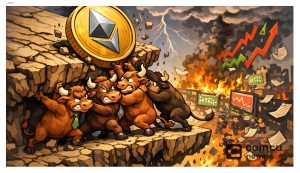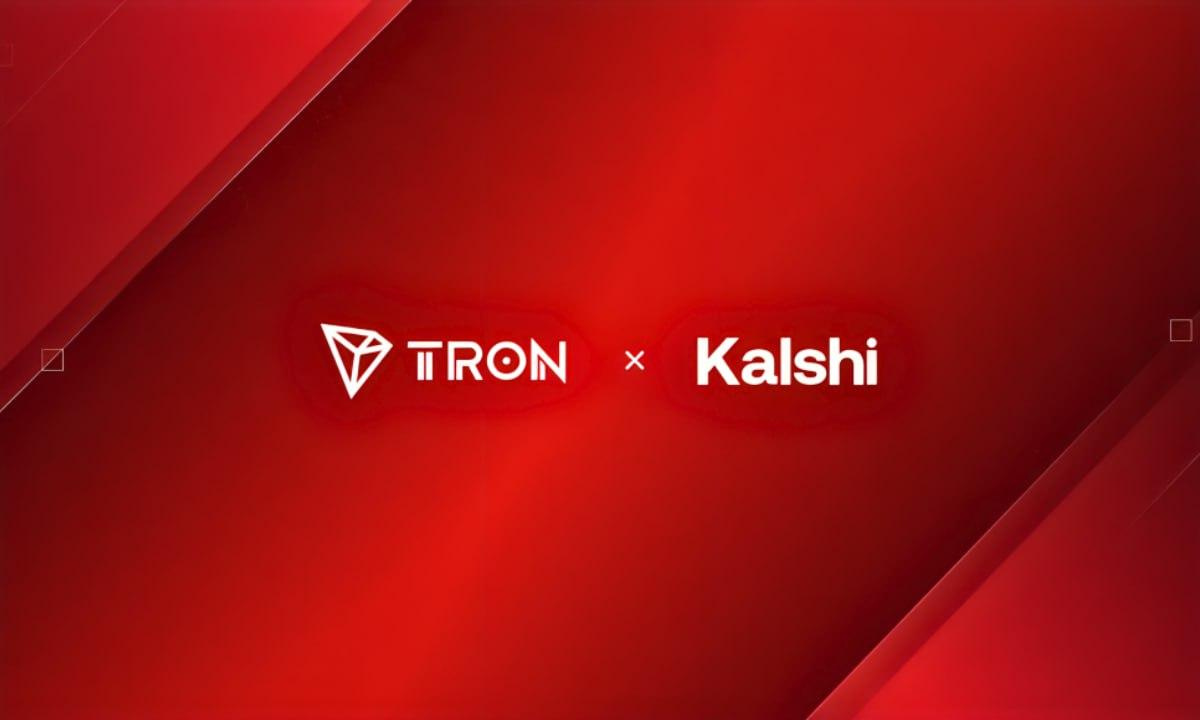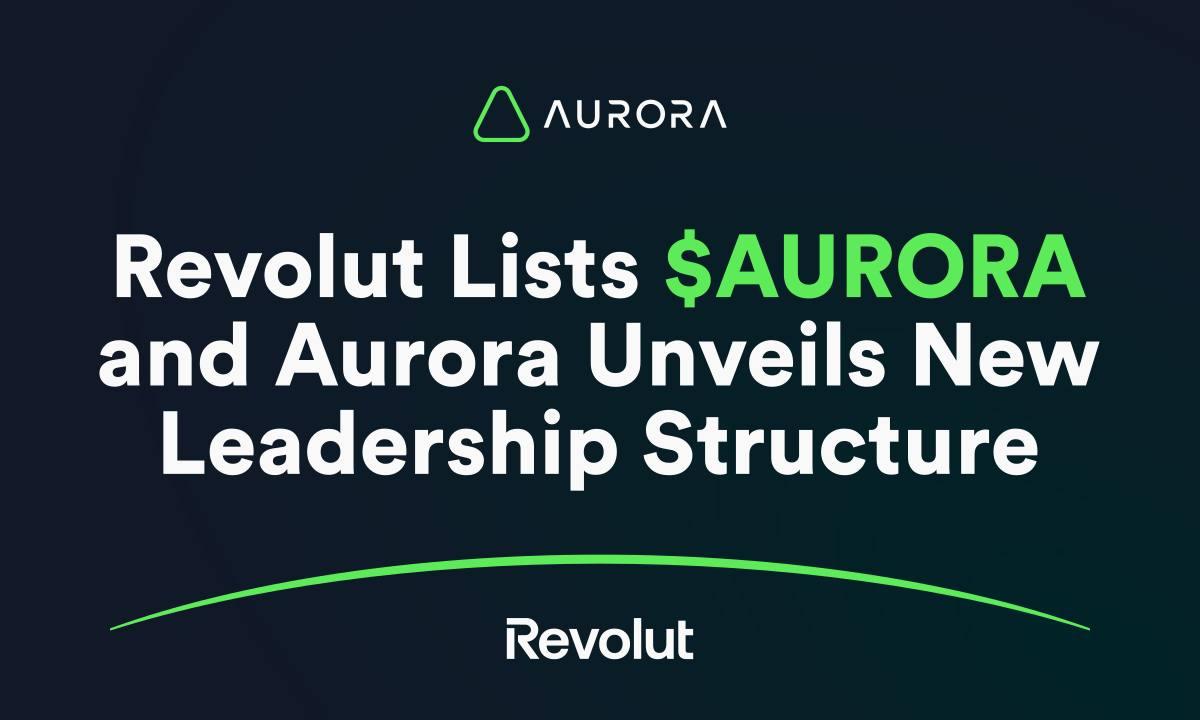The Enterprise Ethereum Alliance (EEA) is a globally recognized organization that brings together various technology companies, financial institutions, start-ups, and academics with the aim of promoting the use of Ethereum technology and driving new business opportunities worldwide.
The EEA was established in 2017 and has since grown to have a diverse membership that includes multinational corporations and start-ups, such as JPMorgan Chase, Microsoft, Intel, Accenture, EY, and BP. By joining the EEA, these organizations demonstrate their interest in exploring and leveraging the potential of blockchain technology.
One of the primary goals of the EEA is to facilitate collaboration and knowledge sharing among its members. Through working groups, committees, and forums, the EEA provides a platform for industry leaders to exchange ideas, best practices, and research findings related to Ethereum. This collaboration helps accelerate the development and adoption of Ethereum-based solutions.
The EEA operates based on four key principles:
- Understanding business requirements: The EEA aims to identify and understand the specific needs and challenges faced by businesses across various industries. By gaining insights into these requirements, the EEA can develop targeted solutions and standards.
- Developing standard specifications: To ensure interoperability and compatibility, the EEA develops open-source standards and protocols. These standards help businesses and developers build Ethereum-based applications that can seamlessly interact with each other.
- Evolving alongside the public Ethereum blockchain: As the public Ethereum blockchain evolves, the EEA keeps pace with the advancements. This ensures that the standards and specifications developed by the EEA remain relevant and up-to-date.
- Achieving global interoperability through certification programs: The EEA offers certification programs that enable businesses to validate the compliance and compatibility of their Ethereum-based solutions. This fosters trust among stakeholders and promotes the wider adoption of Ethereum technology.
While Ethereum’s technology is still in its early stages, efforts are underway to address its technical and regulatory challenges. One significant upgrade currently in progress is the transition from a Proof-of-Work consensus mechanism to a Proof-of-Stake model. This upgrade, known as Ethereum 2.0, aims to improve scalability, energy efficiency, and security.
The EEA envisions a wide range of potential use cases for blockchain technology. One such use case is in the area of food safety. By utilizing blockchain throughout the entire supply chain, transparency can be improved for consumers. They can easily access information about the origin, production process, and transportation of the products they consume. In the event of product recalls, blockchain can expedite the process and enable faster identification of the source of the problem, reducing health risks and costs for businesses.
Another potential application of blockchain is in the tokenization of assets. Tokenization involves converting real-world assets, such as property or artwork, into digital tokens on a blockchain. This process enables fractional ownership, increased liquidity, and easier transfer of ownership. For example, tokenizing property can make real estate investment accessible to a broader range of investors, as they can buy and sell fractional ownership shares conveniently.
Blockchain also has the potential to enhance the security and privacy of sensitive data, such as health records. By utilizing cryptographic techniques, blockchain can provide a tamper-proof and transparent record of medical information. Patients can have greater control over their data, granting access only to authorized healthcare providers. This helps prevent unauthorized access, tampering, and fraud in the healthcare industry.
In the field of education, blockchain technology can play a role in preventing fraud in the tokenization of university degrees and certifications. By recording educational achievements on a blockchain, institutions can ensure the integrity of the credentials issued. Prospective employers can easily verify the authenticity of a candidate’s qualifications, reducing the risk of hiring individuals with falsified degrees.
The EEA is headquartered in the United States and has offices in China, France, and Japan. This global presence allows the EEA to engage with stakeholders from different regions and facilitate the adoption of Ethereum technology on a global scale.
In conclusion, the Enterprise Ethereum Alliance (EEA) serves as a collaborative platform for technology companies, financial institutions, start-ups, and academics to drive the adoption of Ethereum technology. Through its diverse membership and focus on understanding business requirements, developing standard specifications, evolving alongside the public Ethereum blockchain, and achieving global interoperability, the EEA plays a vital role in shaping the future of blockchain innovation and its practical applications in various industries.














